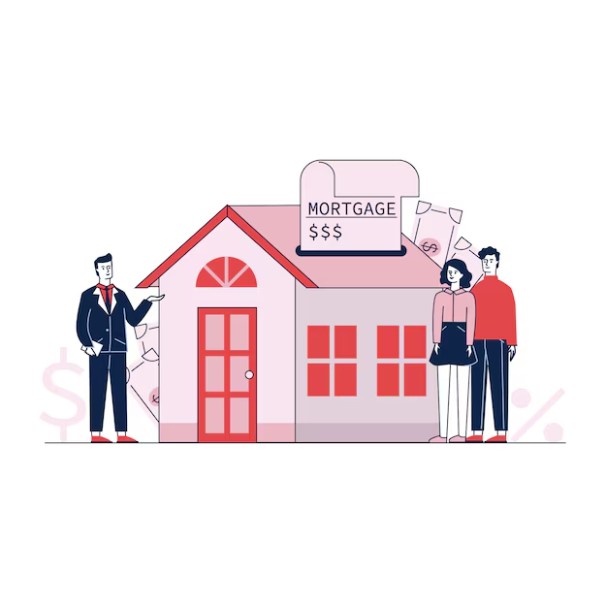In today’s fast-paced digital economy, managing credit and loans can be challenging. With rising inflation and lifestyle demands, many individuals in India find themselves caught in the cycle of debt. When financial difficulties arise, it’s not uncommon to also face aggressive or unethical tactics from banks and their recovery agents. Understanding your debt situation – whether it might lead to a credit card settlement or debt consolidation – is key to effectively countering this harassment.
At Bank Harassment, we believe that no one should endure unethical collection practices, regardless of their financial circumstances. We empower you with the knowledge and legal guidance to protect yourself. Let’s break down how understanding your debt options can help you combat harassment – clearly and legally.
Understanding Your Debt Landscape: Why it Matters for Harassment
While our primary focus at Bank Harassment is to stop harassment, understanding the nature of your debt helps you approach banks from a stronger position and better assert your rights.
-
Credit Card Settlement Context: When you’re financially distressed and unable to repay your credit card dues, a settlement might be a path you consider. This involves negotiating with the bank to pay less than the outstanding amount. If you are in such a situation, or nearing default, recovery agents might become particularly aggressive. Knowing the legalities surrounding settlements and your rights during this phase is crucial to prevent harassment.
-
Debt Consolidation Context: Debt consolidation involves combining multiple debts into a single loan, often with a lower interest rate or more manageable EMI. If you’re managing your debts through consolidation, but still face harassment (perhaps due to previous outstanding accounts or miscommunication), understanding your consolidated status helps you demonstrate your commitment to repayment, which can be a tool in countering harassment.
Why Knowing Your Options Helps Combat Harassment in India:
The answer lies in empowerment and strategic communication.
-
If you are considering Credit Card Settlement:
- Empowerment: Knowing that settlement is a legitimate (though impactful) option gives you a sense of control. This can help you calmly assert your rights against undue pressure.
- Legal Awareness: Harassment often increases when a borrower is perceived as desperate. If you understand the legal process of settlement and the RBI guidelines for recovery agents, you can immediately identify and challenge illegal tactics.
- Expert Legal Guidance from Platforms like Bank Harassment: We equip you with the knowledge to professionally respond to lenders and agents, ensuring you are treated ethically while you explore your settlement options.
-
If you have opted for Debt Consolidation:
- Clarity in Communication: You can clearly communicate your consolidated repayment plan to agents, demonstrating that you are actively managing your debt.
- Protection for Compliant Repayers: If you are consistently making your consolidated EMI payments, any aggressive recovery tactics for previous accounts become even more clearly identifiable as harassment, strengthening your case for complaint.
- Avoiding Misinformation: Agents might try to confuse you or pressure you about old debts. Knowing your consolidated status helps you avoid falling for such tactics.
Legal Assistance: The Game-Changer Against Harassment
In India, very few borrowers are aware that legal assistance can drastically change how they endure and counter harassment. At Bank Harassment, we specialize in protecting your legal rights against unethical recovery practices, guiding you on how to respond to agents, and helping you navigate formal complaint processes with full transparency.
Whether you’re feeling overwhelmed by calls, or are actively looking to stop aggressive recovery tactics, remember that going solo in dealing with harassment can be overwhelming and legally risky. Our experts provide structured, judgment-free guidance tailored to your situation, focusing entirely on stopping the harassment.
Final Thoughts
Understanding your debt situation, whether it leads to settlement or consolidation, empowers you. But most importantly, understanding your rights against harassment is paramount. Harassment is not part of legitimate debt collection, and you do not have to tolerate it.
“Debt may be heavy, but the right legal guidance can lift the weight of harassment.” – Bank Harassment



